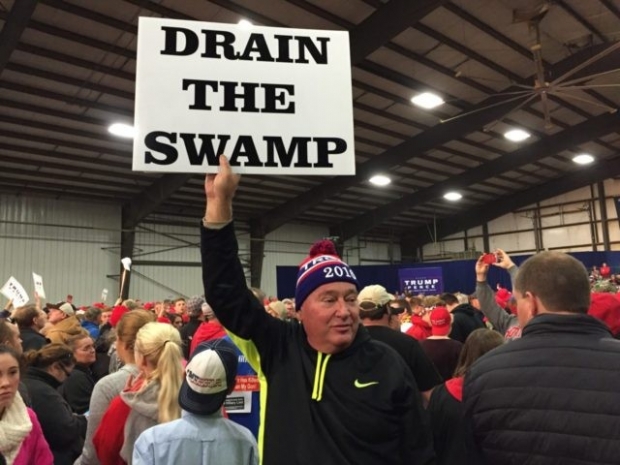According to the Rogerster, the Chair of the House Commerce chair, Frank Pallone,has sent an angry letter to FCC chair Ajit Pai asking for copies of communications between the FCC and the big telcos regarding legal challenges to the regulator's 5G order.
The FCC had forced local governments to charge a flat fee for installing new base stations.
Pallone said: "It has come to our attention that certain individuals at the FCC may have urged companies to challenge the order the Commission adopted in order to game the judicial lottery procedure and intimated the agency would look unfavorably towards entities that were not helpful."
Basically, FCC staff from Pai's office pressured that the big telcos to challenge an order that is designed to benefit them so that the case didn't end up in a court likely to overturn it.
The 5G order was strongly opposed by a large number of local and city governments because it tied their hands over what they can charge for 5G installations. The opposition was particularly intense in California where the high concentration of users and the high cost of real estate means cities were expecting to be able to charge significantly more than $270 per site per year; several cities had already reached an agreement with mobile operators to charge significantly more.
Due to the concentration of Californian legal challengers, the issue would naturally expect to be heard in California's Ninth Circuit. The Ninth Circuit has a long history of striking down efforts by the federal government to impose its will on the state. As such, the FCC could reasonably expect its order to be challenged – and possibly lose which would delay and possibly derail the whole programme.
Suddenly the main four mobile operators challenged the order with their own lawsuits which made no sense at all. After all, it was a win for them and would have scored them billions.
The telco lawsuits claimed that the 5G order didn't go far enough. The order should have included so-called "deemed granted" provisions that would cause a new cell site to be automatically approved once the imposed application timelines had been passed. Otherwise, they would be forced to sue if local authorities missed the deadline – a big waste of their time and money.
The Rodgerster noted that the telcos only sued in four different circuits: First, Second, Tenth and Washington DC so that the lawsuits were consolidated and under the legal system's way of handling such disparate appeals, a lottery was held.
That lottery in November led to the cases being moved to the Tenth Circuit - which covers the middle of the country – Oklahoma, Utah, Colorado – and the appellants were told to migrate their cases accordingly. This effectively kicked the case out of California.
But local government officials were very suspicious something untoward was going on. The West Coast cities challenged the decision to move the case to the Tenth Circuit and argued it should be heard in California where a similar case against the FCC and 5G was already being heard.
The value of having the case heard in the Tenth Circuit became immediately apparent in January when the court rejected a plea to delay the order while legal challenges were going ahead. The Tenth Circuit decided that the case should be moved to the Ninth Circuit because it was so similar to the other legal challenge against the FCC. That decision to move the case was fiercely opposed by the telcos that had lodged their appeals across the rest of the country.
Pallone as chair of the House Commerce committee believes that the whole plan might be being directed by FCC staff.
"If true, it would be inappropriate for the FCC to leverage its power as a regulator to influence regulated companies to further its agenda in seeking a more friendly court."
Now that the Democrats have taken over the House, they have the power to direct investigations and subpoena witnesses, so the investigation is not without teeth. The letter gives the FCC three weeks to hand over any relevant communications between FCC staff and the telcos through both official and personal channels.
Previous investigations into Pai's office have not turned up because of a rather nasty coincidence that most of the deals have been done in face-to-face meetings with the stated intention of the meeting different to the real reason, and official phones and emails used only to arrange meetings with the real content of discussions going unrecorded.
To be fair, it is possible that the telcos did all this by themselves and did not need to talk to each other or the FCC. But it is a bit of a coincidence that this appears to be happening all the time with the FCC and the telcos.
Pallone might have access to recordings or written meeting notes, but he could be using the threat of insider information to bluff the FCC into making a response which gets it into even more trouble.

